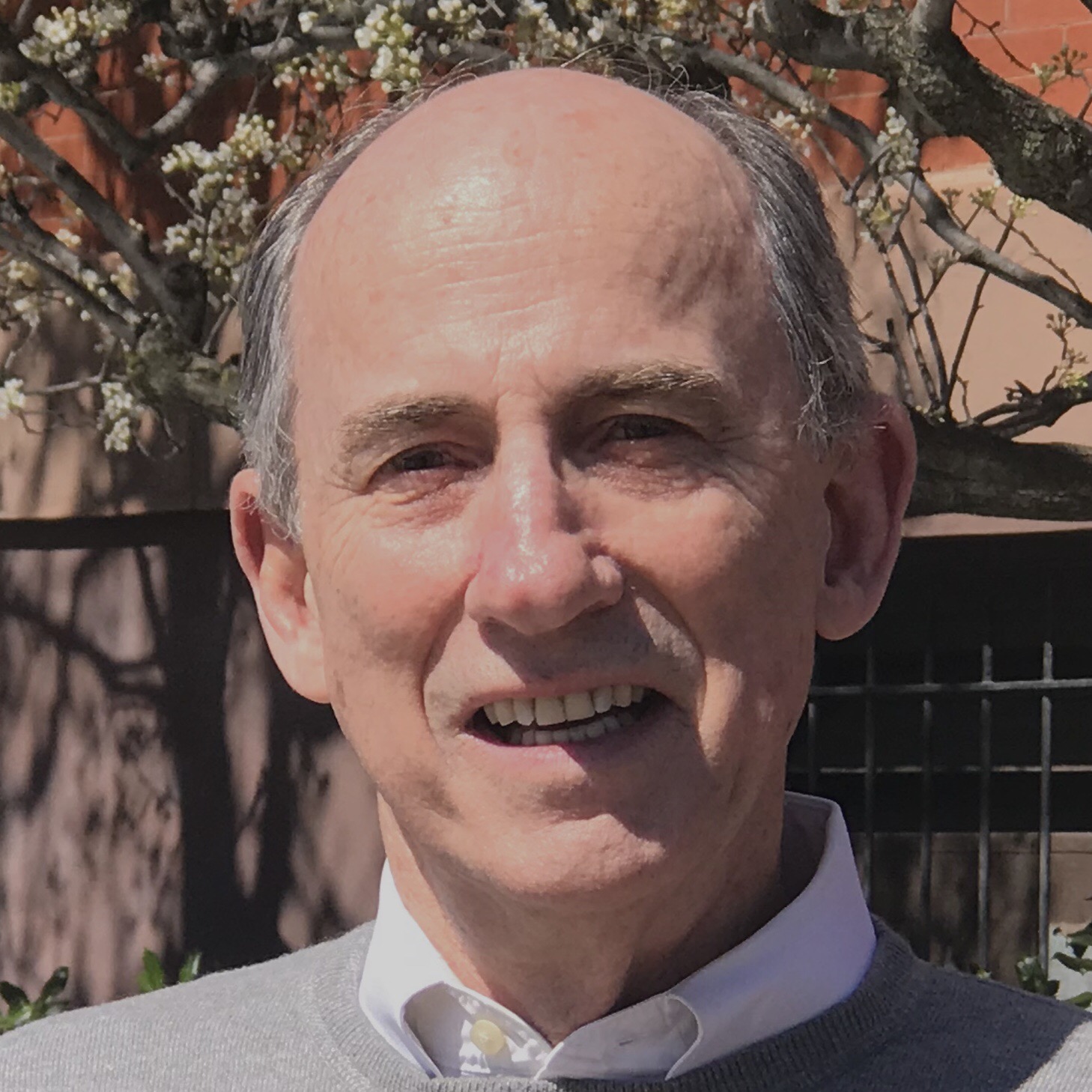"U.S. Grant & Son" at the Willard Hotel
- John O’Brien

- Mar 9, 2024
- 4 min read
By John A. O'Brien
Denver, Colorado
Saturday, March 9, 2024
Few historical personalities have told their own story as well as Ulysses S. Grant. In the terse style of his Personal Memoirs, Grant described the events around his promotion to Lieutenant General in March 1864. “The bill restoring the grade of lieutenant-general of the army had passed through Congress and became a law on the 26th of February. My nomination had been sent to the senate on the 1st of March and confirmed the next day. I was ordered to Washington on the 3d to receive my commission, and started the day following that. The commission was handed to me on the 9th. It was delivered to me at the Executive Mansion by President Lincoln in the presence of his Cabinet, my eldest son, those of my staff who were with me and a few other visitors.”
How did Grant’s 13-year-old son, Frederick, happen to be with him on the trip from his Nashville headquarters to Washington? In what must have been the oddest parenting arrangement of the war, Julia Grant had actually suggested that it would be good for young Fred to be with his father during the war. Grant wrote, “My eldest son, who had accompanied me on the Vicksburg campaign and siege, had while there contracted disease, which grew worse, until he had grown so dangerously ill that on the 24th of January, I obtained permission to go to St. Louis, where he was staying at the time, to see him, hardly expecting to find him alive on my arrival.” But Fred recovered fully in time to join his father on the train to Washington one month later.
They arrived tired and grimy and went directly to the Willard Hotel. The general asked the desk clerk for a room and was disdainfully told that he had only one attic room available. The general agreed, and signed the ledger, writing, “U.S. Grant & Son, Galena, Illinois.” That was it. No rank or other identifier. But the clerk, upon reading the entry, immediately found that the suite once occupied by president-elect Lincoln happened to be open.
Grant & Son went up, washed up, rested a bit, and then went downstairs for dinner. They were given a small table and ordered their meal. The room of diners soon recognized the general. They stood and shouted enthusiastically, “Grant! Grant! Grant!” Fred later described the scene, “My father arose and bowed, and the crowd began to surge around him; after that, dining became impossible and an informal reception was held for perhaps three-quarters of an hour, but as there seemed to be no end to the crowd assembling, my father left the dining-room and retired to his apartments.”

Later, Grant & Son were escorted to the White House. Although the night was wet and raw, a huge crowd had come in anticipation of Grant being there. The swarms of onlookers parted, allowing the general to have a clear corridor through the building to the president. Lincoln stepped forward, a smile on his face, his hand outstretched while Grant walked toward him. As the men shook hands, Lincoln exulted, “Why, here is General Grant! I am most delighted to see you, General.”
The next day at 1 p.m., Grant returned to the White House to receive his new commission. Lincoln read his brief statement. Grant replied: “Mr. President, I accept the commission, with gratitude for the high honor conferred. With the aid of the noble armies that have fought in so many fields for our common country, it will be my earnest endeavor not to disappoint your expectations. I feel the full weight of the responsibilities now devolving on me; and I know that if they are met, it will be due to those armies, and above all, to the favor of that Providence which leads both nations and men.”
Grant had composed his speech the night before in his hotel room. He appeared ill at ease as he began to read, and the first few words were almost inaudible. After his poor start the general paused, tightly gripped his paper with both hands, took a deep breath, and went on in a clear voice that seemed to gain strength as he continued.
John Nicolay, later observed of Grant’s performance: “The general had hurried and almost illegibly written his speech on a half sheet of note paper in lead pencil. His embarrassment was evident and extreme; he found his own writing difficult to read.” But, all in attendance agreed that the general’s remarks had suited the moment.
Before Grant could depart Washington, he had to fend off Mrs. Lincoln’s insistence that he remain in town for a banquet in his honor. Grant held firm to his plan to leave for Tennessee, describing the last three days as “the warmest campaign I have ever witnessed during the war.” Although appreciating the “honor Mrs. Lincoln would do me,” he told the president, “Time is very important now. And really, Mr. Lincoln, I have had enough of this show business.”
In 1909, General Frederick D. Grant participated in the Lincoln centennial celebration in Chicago. The young fellow who had accompanied his father to meet President Lincoln in Washington, had become the second highest ranking officer in the U.S. Army.
Extensive quotes from, Personal Memoirs of U.S. Grant (1894) 403-4.




Комментарии